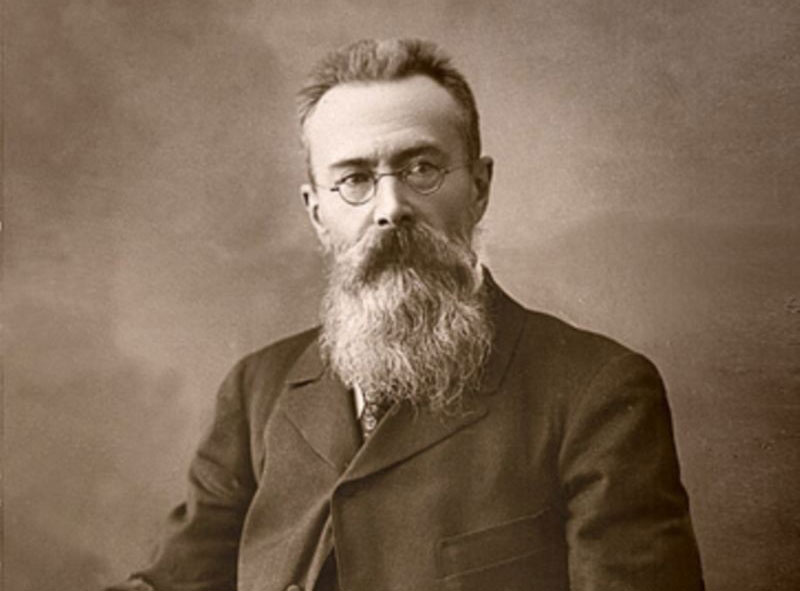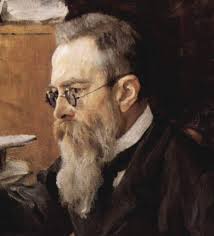Nikolai Rimsky-Korsakov was a prominent figure in Russian classical music, known for his colorful orchestrations and vivid compositions. Here are 10 fascinating facts about this remarkable composer:
- Musical Prodigy: Nikolai Rimsky-Korsakov was born on March 18, 1844, in Tikhvin, Russia. He displayed exceptional musical talent from a young age, showing proficiency in piano and composition by his teenage years.
- Naval Officer Turned Composer: Despite his early musical inclinations, Rimsky-Korsakov initially pursued a career in the Russian Imperial Navy. He served as a naval officer for several years before fully dedicating himself to music.
- The Mighty Five: Rimsky-Korsakov was a member of the “Mighty Five” or “The Five,” a group of Russian composers who aimed to create a distinct national style of Russian classical music. Other members included Modest Mussorgsky, Mily Balakirev, César Cui, and Alexander Borodin.
- Master Orchestrator: Rimsky-Korsakov was renowned for his exceptional skill in orchestration. His works are characterized by rich, colorful instrumentation, influenced by his deep understanding of wind and brass instruments, likely stemming from his naval background.
- Influential Educator: Rimsky-Korsakov’s contributions to music education were profound. He served as a professor at the Saint Petersburg Conservatory and mentored several notable composers, including Igor Stravinsky and Sergei Prokofiev.
- Exoticism in Music: Many of Rimsky-Korsakov’s compositions are inspired by exotic themes and folklore. Pieces like “Scheherazade” and “Capriccio Espagnol” showcase his fascination with Eastern melodies and Spanish rhythms.
- Operatic Legacy: Rimsky-Korsakov composed 15 operas, ranging from historical dramas to fairy tale fantasies. His operas, such as “The Golden Cockerel” and “The Tale of Tsar Saltan,” are celebrated for their imaginative storytelling and lush orchestration.
- Controversial Revisions: Rimsky-Korsakov was known for revising and orchestrating the works of his fellow composers, including Modest Mussorgsky’s “Boris Godunov.” While these revisions were often praised for their craftsmanship, they also sparked debates among music scholars.
- Political Activism: Rimsky-Korsakov was involved in political activism, advocating for democratic reforms in Russia. He participated in protests and signed petitions, which led to his dismissal from the Saint Petersburg Conservatory in 1906 due to his perceived revolutionary sympathies.
- Lasting Legacy: Nikolai Rimsky-Korsakov’s influence on Russian music and orchestration techniques is enduring. His compositions continue to be performed worldwide, and his contributions to music education have left an indelible mark on generations of composers and musicians.


Comments are closed